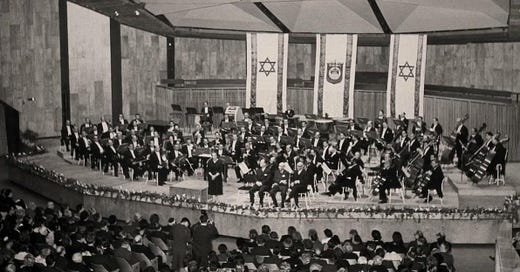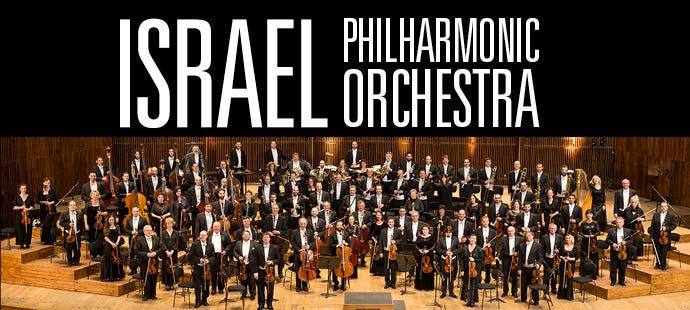The Israel Philharmonic Orchestra: A Symphony of Resilience and Hope
Standing Strong Against Antisemitism through Music
Before the world became consumed by political battles, "Palestine" used to mean Jewish, it was a land deeply connected to Jewish heritage, culture, and history. This connection is captured by the Israel Philharmonic Orchestra (IPO)—a symbol of Jewish resilience and hope.
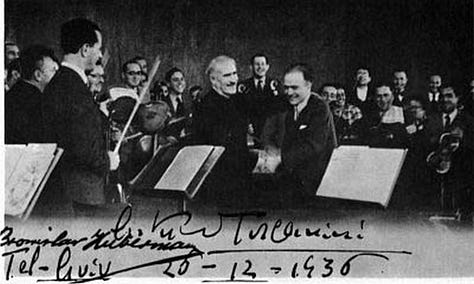
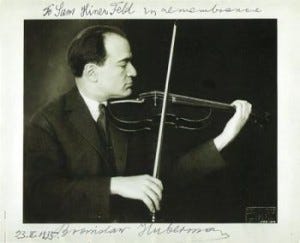
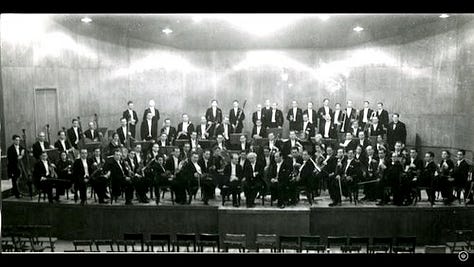
Founded on December 26, 1936, as the Palestine Symphony Orchestra by Polish-Jewish violinist Bronislaw Huberman, the IPO was born from a vision to create a home for Jewish musicians fleeing the rise of Nazism in Europe. At a time when Jews were being banned from orchestras across Europe, the IPO offered refuge to many. Its first concert in Tel Aviv, conducted by Arturo Toscanini, was a statement against fascism. After Israel's establishment in 1948, the orchestra was renamed the Israel Philharmonic Orchestra, symbolizing the birth of a new national identity.

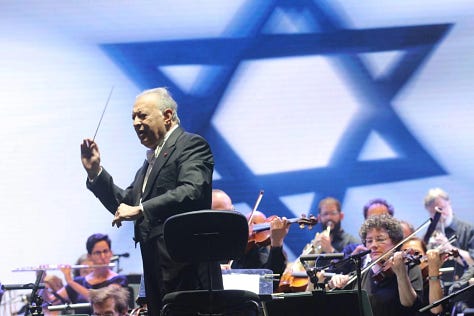
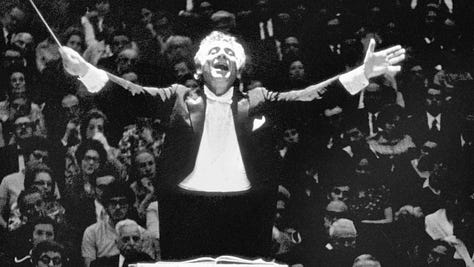
The IPO’s journey is one of defiance and determination. From its beginnings with just 75 musicians, many of whom were saved from Nazi-occupied Europe, to its rise as a global cultural force, the IPO has always been a beacon of Jewish artistic expression. It has played through some of the darkest chapters of history, from the Holocaust to the establishment of the State of Israel. Its performances have featured legendary figures like Leonard Bernstein, Igor Stravinsky, and Zubin Mehta, in prestigious halls from New York’s Carnegie Hall to London’s Royal Albert Hall. In 1958, it was awarded the Israel Prize in music for its contributions to Israeli culture.

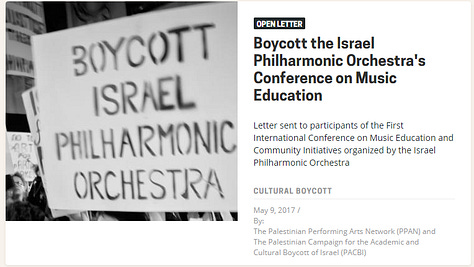

However, despite its cultural significance, the IPO has often found itself at the center of political battles. The BDS (Boycott, Divestment, Sanctions) movement, for example, has sought to silence Israeli cultural institutions like the IPO, falsely claiming that they are political tools. The IPO, however, has always stood firm as a symbol of music’s unifying power—above politics. In 2010, for example, the IPO faced protests during performances in Europe, as part of a wider trend of cultural boycotts against Israel. Yet the orchestra’s commitment to bridging cultures has remained unshaken.
The IPO’s role is even more crucial in the face of global antisemitism. Under Zubin Mehta’s leadership, the IPO has remained a bridge between cultures, showcasing the universal power of music to bring people together and bringing hope in times of crisis. Yet, as politics increasingly seeks to hijack art, we must ask: when did we allow culture to be weaponized in the first place?
In October 2023, after Hamas’s brutal attack on Israel, the IPO paused to honor the victims, but its silence was a defiant statement: no violence could silence Israel’s spirit. Music, it seemed to say, will always rise above hate.



The IPO’s resilience matters now more than ever. It reminds us that music is a force for peace and healing, not a pawn in political games. Through times of crisis and adversity, the IPO has shown that culture can transcend political divides. Whether performing at moments of national mourning, such as the funerals of Golda Meir and Shimon Peres, or continuing to inspire musicians worldwide, the IPO remains an unshakable symbol of Jewish and Israeli resilience.
The IPO has long been more than just a cultural institution. It is an emblem of the Jewish people’s resilience, survival, and creativity in the face of oppression. Its story is one of strength and defiance in the face of adversity. It is a reminder that cultural institutions must be protected from political agendas—and that music, like all art, should never be used to divide, but to heal and unite.

